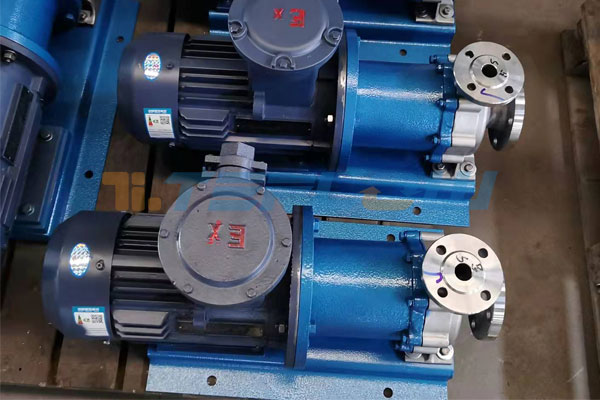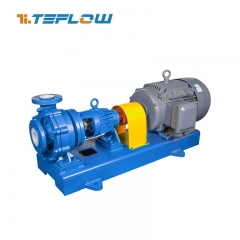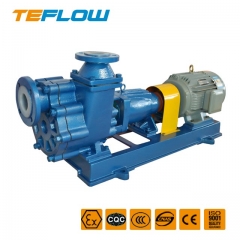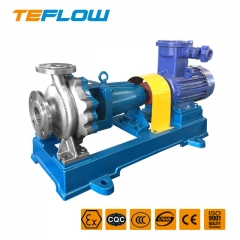In the field of chemical engineering, dichloromethane serves as a crucial organic compound with a pivotal role in numerous industrial processes. Opting for the appropriate dichloromethane transfer pump is a fundamental step to ensure production stability and safety. This article extensively explores the key points for selecting a dichloromethane transfer pump, aiming to assist you in making informed decisions among a myriad of options, guaranteeing efficient and reliable fluid conveyance.
1. Understanding Fluid Characteristics
Before purchasing a dichloromethane transfer pump, gaining a deep understanding of the fluid's characteristics is of paramount importance. Consider the following essential factors:
Chemical Properties: The chemical properties of dichloromethane dictate its compatibility with pump materials. Opting for a pump with corrosion-resistant materials can reduce wear and tear while extending its operational lifespan.
Temperature and Pressure: Account for temperature and pressure variations during fluid transfer. Ensure the selected pump can operate reliably under the designated working conditions, preventing pump failure due to excessive temperatures or pressures.

Viscosity and Flowability: The viscosity of dichloromethane affects the efficiency of fluid transfer. Choose a pump type suitable for the specific viscosity to ensure smooth fluid flow within the system.
2. Pump Material Selection
Pump material selection is crucial to ensure compatibility and corrosion resistance when handling dichloromethane. Corrosion-resistant materials such as stainless steel and polytetrafluoroethylene (PTFE) are often preferred choices. Ensure the chosen material can maintain stable contact with dichloromethane over the long term, mitigating the risk of leaks and contamination.
3. Safety and Environmental Considerations
Safety and environmental factors are of utmost importance during the dichloromethane transfer pump selection process.
Sealing Design: Opt for a pump with a reliable sealing design to minimize the risk of leaks. The sealing design should cater to the fluid's characteristics, preventing leakage and vaporization.
Explosion Protection: If the pump will be used in flammable or explosive environments, ensure that the selected pump complies with relevant explosion protection standards to guarantee process safety.
4. Efficiency and Ease of Maintenance
In addition to fluid characteristics and safety, pump efficiency and ease of maintenance are critical considerations in the selection process.
Energy Efficiency: Opting for a highly efficient pump can reduce energy consumption and lower operating costs. Review efficiency data to ensure the most cost-effective choice is made.
Ease of Maintenance: Select a pump design that is easy to maintain, reducing maintenance costs and downtime. Easy replacement of components and simplified maintenance procedures enhance system reliability.
In conclusion, choosing the right dichloromethane transfer pump is vital for ensuring the smooth and safe operation of industrial processes. By gaining a comprehensive understanding of factors such as fluid characteristics, material selection, safety, and efficiency, you can make informed decisions among various options, providing an efficient and reliable solution for your fluid conveyance needs.





 +86 18130251359
+86 18130251359 teflowpumps@tlpumps.com
teflowpumps@tlpumps.com












 +86+0563-5093318
+86+0563-5093318
